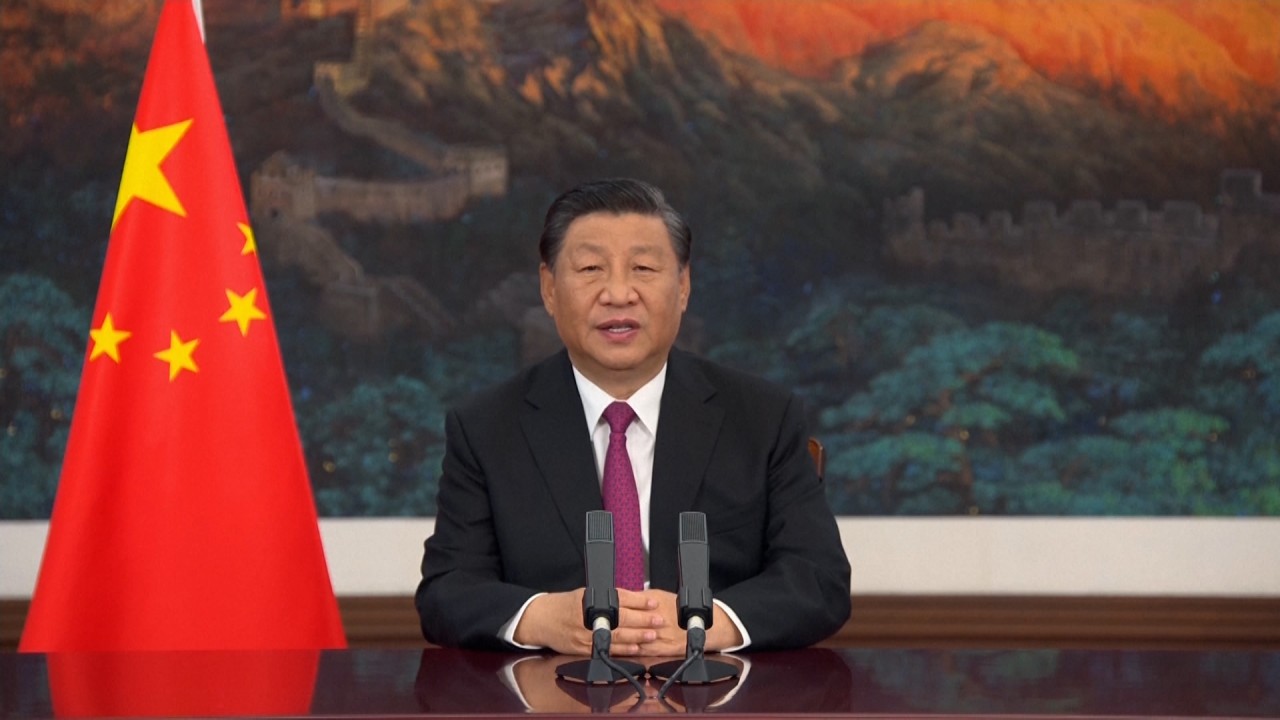Advertisement
Macroscope | How market reforms will boost appeal of Chinese stocks and bonds for foreign investors
- The next decade should see continuing reforms and significant structural changes in the Chinese economy, with profound implications for Chinese assets
- Despite the short-term volatility in Chinese markets, the strategic investment case for Chinese assets over the longer term remains strong
Reading Time:3 minutes
Why you can trust SCMP
2

While regulatory tightening this year has raised questions among investors about Chinese policymakers’ strategic priorities, policy actions over the past few months remind us that Beijing remains committed to liberalising and reforming domestic capital markets.
China has taken several steps to promote cross-border capital flows, including the launch of the Cross-boundary Wealth Management Connect scheme in the Greater Bay Area and the southbound leg of the Bond Connect programme in September.
Offshore hedging tools for A-shares improved with the launch of the MSCI China A50 Connect Index Futures on October 18. It is endorsed by the China Securities Regulatory Commission, and it is likely to support further cross-border equity flows.
In addition, the establishment of a new Beijing Stock Exchange will help create a more diversified capital market structure and support the financing needs for early-stage small and medium-sized enterprises.
Looking further ahead, the next decade should see continuing capital market reforms and significant structural changes in the Chinese economy, with profound implications for Chinese assets and their role in global portfolios.
China’s asset markets have expanded rapidly over the past decade, and one could argue that they are now too big to ignore. Between 2010 and 2020, the size of China’s onshore equity and bond markets have increased more than three- and six-fold respectively, to become the second-largest in the world.
Advertisement


